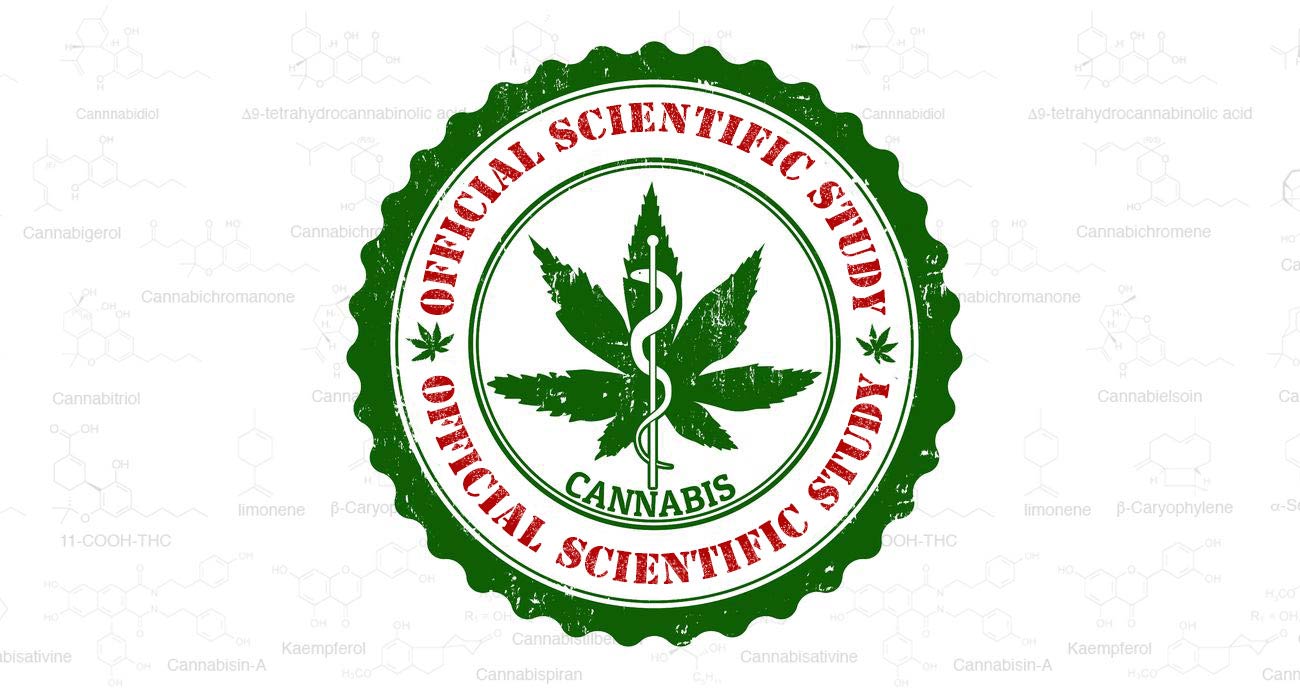ABSTRACT:
Cannabidiol (CBD), a nonpsychoactive marijuana constituent, was recently shown as an oral antihyperalgesic compound in a rat model of acute inflammation. We examined whether the CBD antihyperalgesic effect could be mediated by cannabinoid receptor type 1 (CB1) or cannabinoid receptor type 2 (CB2) and/or by transient receptor potential vanilloid type 1 (TRPV1). Rats received CBD (10 mg kg−1) and the selective antagonists: SR141716 (N-(piperidin-1-yl)-5-(4-chlorophenyl)-1-(2,4-dichlorophenyl)-4-methyl-1H-pyrazole-3-carboxamide) for CB1, SR144528 (N-[(1S)-endo-1,3,3-trimethylbicyclo[2.2.1]heptan-2-yl]-5-(4-chloro-3-methylphenyl)-1-(4-methylbenzyl)pyrazole-3 carboxamide) for CB2 and capsazepine (CPZ) for TRPV1 receptors. The intraplantar injection of carrageenan in rats induced a time-dependent thermal hyperalgesia, which peaked at 3 h and decreased at the following times. CBD, administered 2 h after carrageenan, abolished the hyperalgesia to the thermal stimulus evaluated by plantar test. Neither SR141716 (0.5 mg kg−1) nor SR144528 (3 and 10 mg kg−1) modified the CBD-induced antihyperalgesia; CPZ partially at the lowest dose (2 mg kg−1) and fully at the highest dose (10 mg kg−1) reversed this effect. These results demonstrate that TRPV1 receptor could be a molecular target of the CBD antihyperalgesic action.
Read full study here

